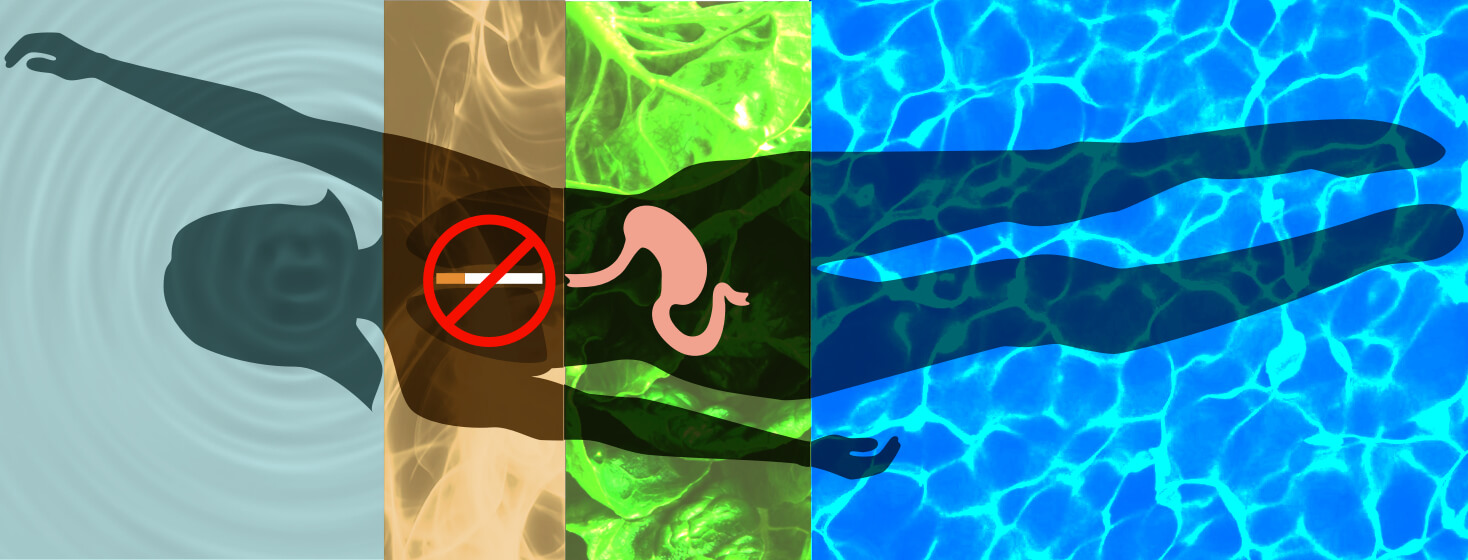Stress and Thyroid Eye Disease
Research shows that stress can worsen the signs and symptoms of thyroid eye disease (TED). Stress has the ability to increase the risk of developing the disorder, as well as trigger symptoms for people who already have TED.1,2
How does stress affect the body?
When the body is exposed to stress – whether from physical stress, mental stress, or stressful life events – hormone levels rise and fall in response. Many hormones in the body are affected by stress, including cortisol, insulin, prolactin, and thyroid hormones. This "fight or flight" response of changing hormone levels is a natural process that happens to everyone.2
While it is often thought of as a negative thing, stress is not always bad. There are times when stress can be brought on by positive life events, like starting a new job or having a baby.3
It becomes problematic when a person is under long-term stress. A prolonged state of stress is known to cause certain endocrine and autoimmune disorders. Stress is also known to trigger pre-existing disorders and make symptoms worse.2,3
How does stress impact TED?
When a person is under long-term stress, it can put thyroid hormones into overdrive. This can lead to various endocrine disorders like Graves’ disease. This is an autoimmune disorder that results in the overproduction of thyroid hormone (hyperthyroidism).4
TED is a common complication of Graves’ disease. It is so common that it affects up to half of those with Graves' disease. About 90 percent of TED cases emerge when hyperthyroidism is present.4
For those who already have been diagnosed with TED, stress can trigger an inactive state to become active. During an active state of TED, people experience symptoms like:1,2,4,5
- Inflammation and redness of the eye
- Swollen eyelids
- Double vision (diplopia)
- Protrusion or bulging of the eyeballs (proptosis)
Some evidence suggests that stress can also worsen symptoms, making an active case of TED more severe.1,2,4,5
Stress reduction tips for people with TED
While medicine and treatment methods can help manage TED symptoms, reducing stress levels can also help.
Tips and techniques that can help reduce stress include:2,4
- Eat a healthy, balanced diet. Think lots of fruits, vegetables, and lean protein.
- Exercise regularly. Exercise is a powerful stress-buster. Aerobic movement like walking, jogging, and swimming produces feel-good endorphins that can help lower stress levels.
- Stop smoking. Smokers are twice as likely to develop Graves’ disease and 7 times more likely to develop TED compared to those who do not smoke.
- Practice relaxation techniques. These can include deep breathing exercises, meditation, mindfulness, and yoga.
- Enjoy relaxing activities like gardening, listening to music, time in nature, and spending time with loved ones.
Stress can worsen TED symptoms by affecting your hormone levels. Try the above tips to help reduce stress in your life, especially if you have found that increased stress triggers your TED symptoms. Consider talking with your doctor about healthy ways to manage stressful events and situations in life.1

Join the conversation